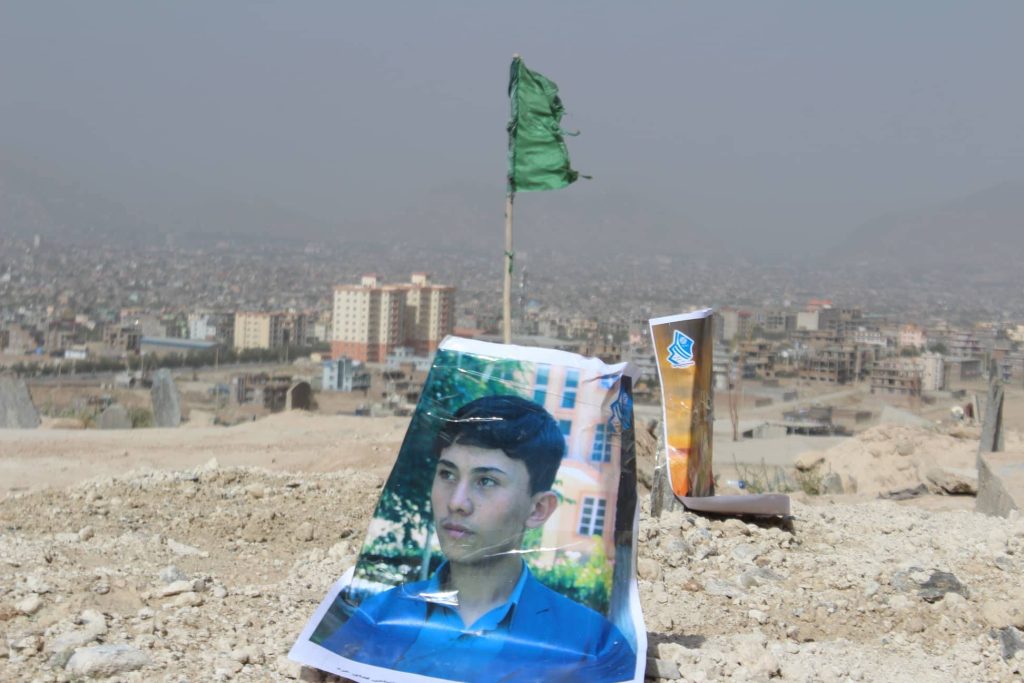Recent ISIS Attacks Renew Concerns About Growing Extremist Networks
Published Tuesday, April 9th, 2024

Global attention has once again turned to ISIS and its Afghanistan based affiliate ISKP (Islamic State Khorasan Province) in the wake of recent attacks against China, Iran and Russia claimed by its members.
Since 2021, the Taliban has struggled to curtail the activity of ISKP within Afghanistan. Though it has seen some success in it’s endeavors, ISKP continues to launch militant campaigns across the region, attacking religious and ethnic minorities such as Shia Muslims and Hazaras, or attacking potential political and economic allies to the Taliban. Russian, Pakistani, and Chinese embassies in Kabul have previously been targeted and Iranian, Chinese, and Indian embassies have recently been threatened with attacks.
The recent attacks in Kerman, Iran, and in Moscow, Russia have been claimed by ISKP and ISIS respectively. These attacks have stirred serious global concerns and brought ISIS back into the scene of events. Since 2015, when ISIS Khorasan began its activities, it has been severely suppressed. Foreign forces, in cooperation with the Afghan government and the National Army, have inflicted heavy blows on the group, weakening it considerably. In several cases, leaders of ISKP have been arrested or killed by the previous Afghan government, which also dealt heavy blows to the ISIS group. The defeat of ISIS in Syria and Iraq and the weakening of its Khorasan branch in Afghanistan and Pakistan removed this group from the headlines; however, the recent launch of major and complex attacks suggests it is redoubling efforts to maintain regional relevance. The weakening of the ISIS Khorasan group had led to the belief that this group could not easily rebuild itself, so the Biden administration handed over the responsibility of containing this group in Afghanistan to the Afghan Government and withdrew from the country. In the wake of the Taliban’s renewed rule, it was assumed the party had full control over Afghanistan and had the motivation and sufficient power to fight ISIS Khorasan. ISKP activity increased during the period directly after the Taliban took power, and the party has struggled continuously to curtail militant activity within the county even as they themselves install draconic policies and repress ethnic minorities. US officials continuously refer to the chaotic withdrawal of their military forces from Afghanistan and admit that as a result of the political upheaval that followed, the ISIS Khorasan group has undergone rehabilitation and strengthened itself once again.
The Taliban’s political approach towards terrorist groups has also contributed to the strengthening of ISKP and other extremist organizations. As recently reported by the Financial Times, it was predictable that both ISIS and Al-Qaeda would return to Afghanistan under Taliban rule, and both of these groups have continued their activity under the Taliban’s governance. According to a Financial Times report, these two groups have returned to their old sanctuaries under Taliban rule.
Furthermore, the Taliban themselves have adopted an approach that fosters extremism and radicalism. Though it is true that the Taliban and ISKP are competitors for power and influence, the continued and high profile presence of both groups contributes to the perpetuation of extremist ideology that harms everyday people. ISKP and the Taliban both target Shias, Hazaras, and other minorities, weaponizing ethnic prejudice to instill fear and exercise control. The establishment of jihadist schools in the country is one of the reasons for the growth of extremism and violence. Students in these schools are indoctrinated by fundamentalist clerics and are deliberately trained to be extremists ready to die for the Taliban in the future. These students also influence their friends and relatives outside of school. Since not all of their friends and relatives are members of the Taliban or see joining the Taliban as beneficial, they may be inclined to join ISIS or other militant groups in the end, particularly if they hail from a community that lacks access to education or job opportunities.
Taliban propaganda machinery, including various media outlets created or managed by the group, disseminates Taliban songs and messages about jihad, contributing to the mindset of extremism. Taliban leaders, including figures like Mullah Hibatullah, have repeatedly spoken about global jihad and the responsibility of fighters in this regard, which can also contribute to the growth of radical fundamentalism.
